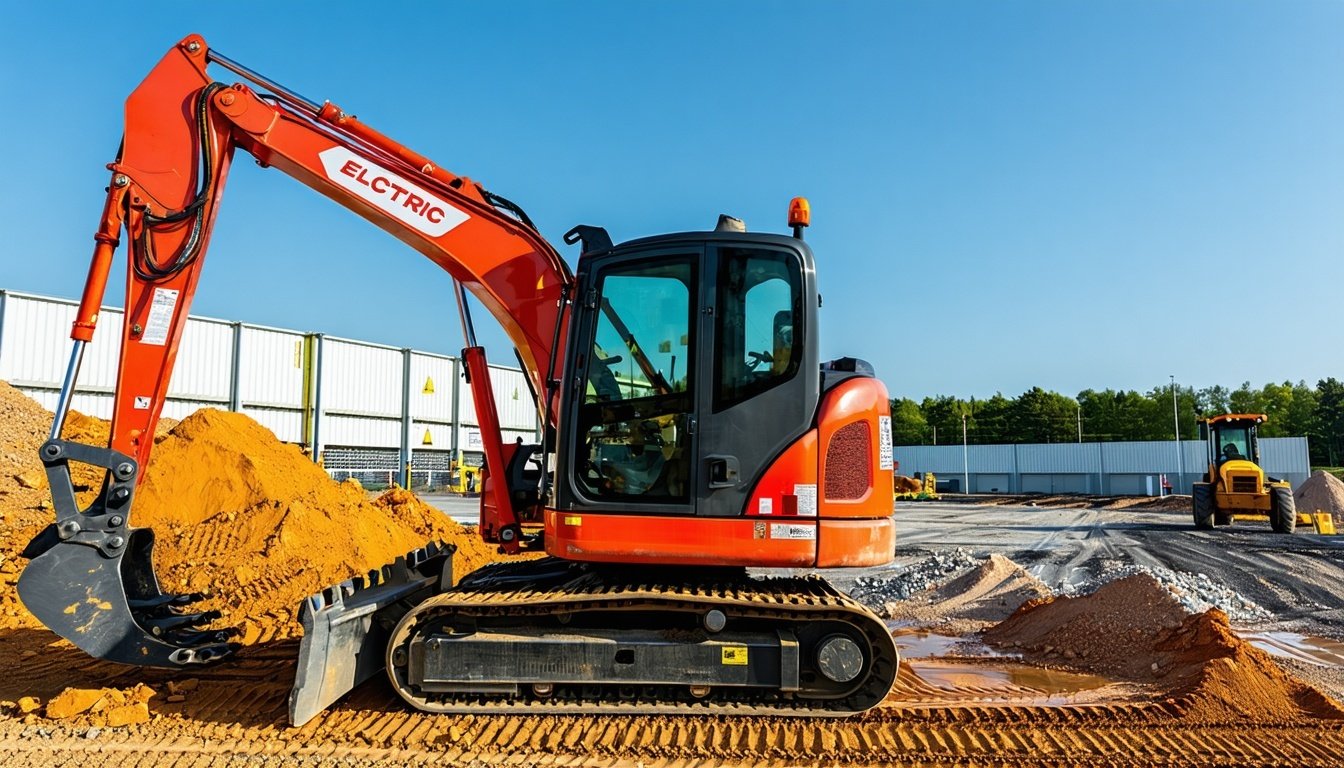Trends in Construction Equipment Leasing for 2025
The construction industry is evolving fast—and so is how contractors finance the machinery they need. As budgets tighten and technology advances, construction equipment leasing is becoming more strategic, flexible, and high-tech than ever before. Here are the top trends in construction equipment leasing for 2025 every business should watch.
✅ Featured Snippet Answer:
What are the trends in construction equipment leasing for 2025?
Key trends include flexible lease terms, tech-enabled lease tracking, electric equipment adoption, and bundled service contracts.
1. Rise of Flexible and Seasonal Lease Terms
Contractors are demanding more adaptable lease structures, including:
-
Seasonal payment schedules aligned with active build months
-
Short-term leases for project-based needs
-
Lease-to-own options with early buyouts
This flexibility helps manage cash flow in a volatile market.
2. Increased Demand for Electric and Hybrid Equipment
With sustainability goals rising, contractors are leasing:
-
Electric excavators and mini-loaders
-
Battery-powered scissor lifts
-
Hybrid bulldozers and compact track loaders
These machines reduce emissions and operating costs—often qualifying for government incentives.
Related: Eco-Friendly Equipment Leasing Options for Sustainable Businesses
3. Tech-Enabled Lease Management Tools
Digital tools are helping construction companies track and manage equipment leases more efficiently. Expect to see:
-
Mobile apps for lease oversight
-
Real-time maintenance alerts
-
Integration with project management software
This minimizes downtime and prevents overpayments on underused assets.
4. Bundled Service and Maintenance Contracts
Leasing companies are now offering bundled packages that include:
-
Scheduled maintenance
-
Emergency service calls
-
Extended warranties
-
Usage-based pricing tiers
This creates predictable costs and improves uptime across job sites.
5. Telematics and Usage-Based Leasing
More leases now include built-in telematics, allowing lessors and lessees to:
-
Monitor machine usage remotely
-
Adjust payments based on hours used
-
Optimize fleet allocation across projects
Usage-based leases help contractors pay only for what they use.
6. Equipment Sharing and Co-Leasing Models
Construction firms with tight budgets or project overlap are exploring:
-
Joint leasing agreements with partner firms
-
Marketplace platforms that enable shared access to leased machines
This approach increases utilization while reducing capital outlay.
Summary: 6 Key Construction Equipment Leasing Trends for 2025
-
Flexible, seasonal, and lease-to-own terms
-
Rise of electric and hybrid construction gear
-
Digital lease tracking tools and mobile apps
-
All-inclusive service and maintenance packages
-
Telematics for smarter leasing and billing
-
Shared equipment leasing through co-op models
Final Thoughts: Build Smarter with Leasing in 2025
As projects become more complex and margins tighter, equipment leasing gives construction firms a strategic edge. From emissions reduction to cash flow control, 2025’s trends are all about flexibility, data, and efficiency.
Take Action: Upgrade Your Leasing Strategy for the Year Ahead
Looking to lease excavators, loaders, or lifts in 2025?
Partner with a leasing provider offering flexible terms, digital tools, and electric equipment options—and build smarter this year.











